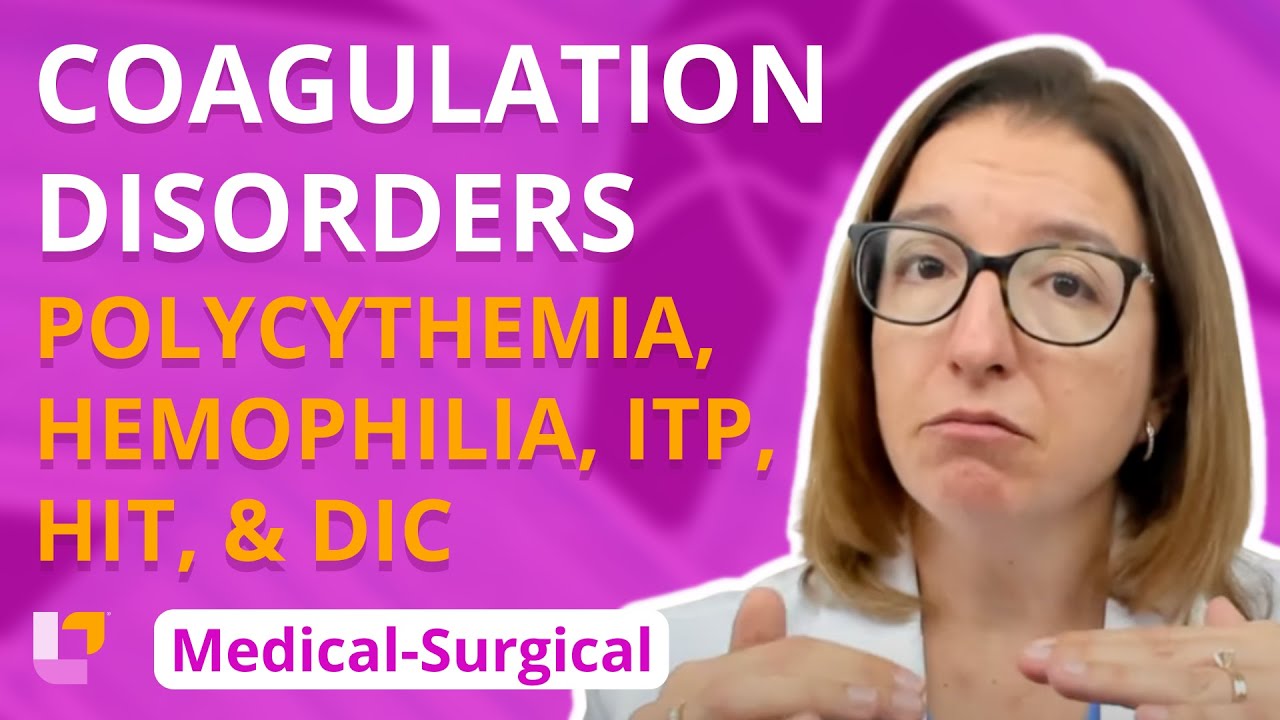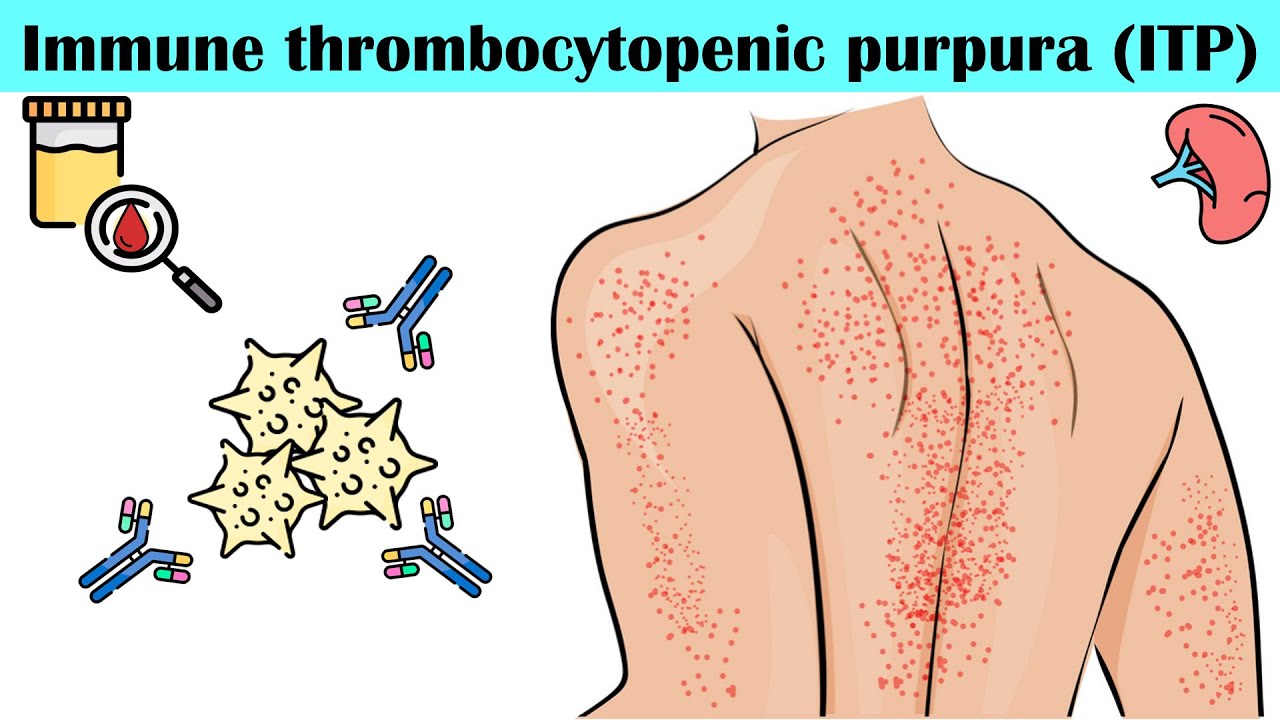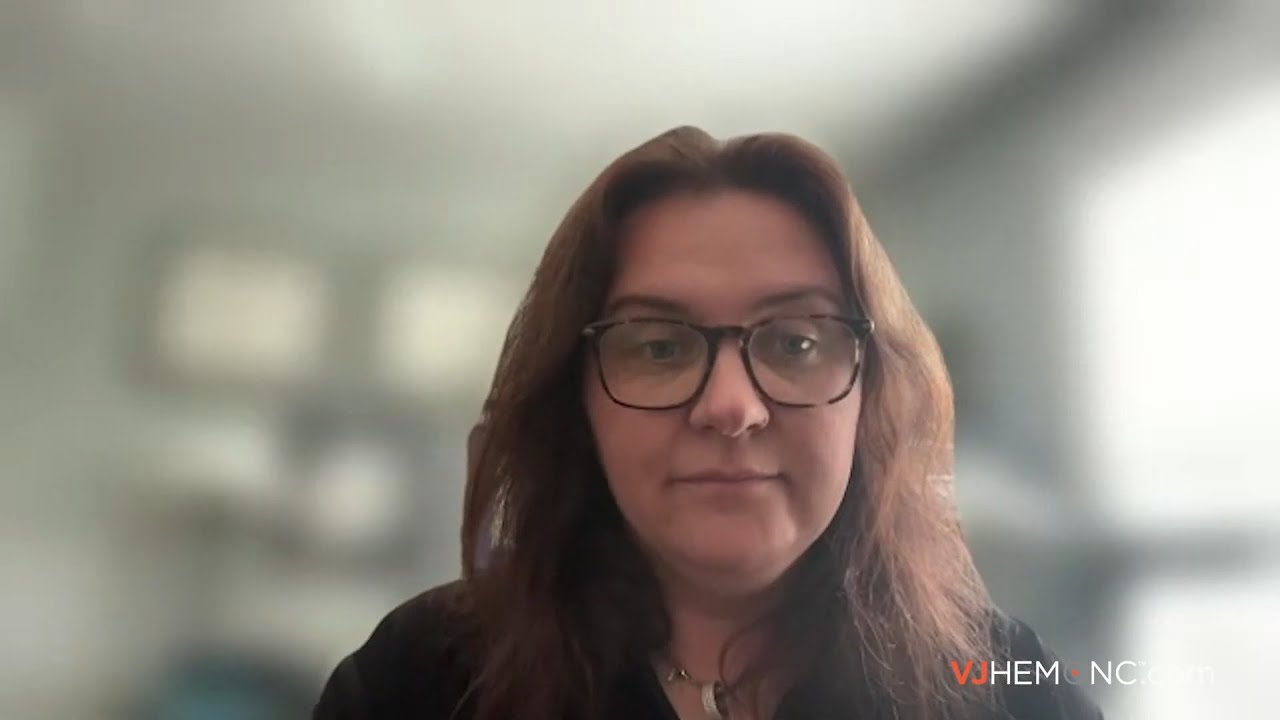The Allergy / Immunology Channel
July 19, 2011 • Allergy / Immunology, Family Medicine, Neonatology, Pediatrics, Reuters Health • The Doctor's Channel Newscast
NEW YORK (Reuters Health) – Infants and toddlers aged 6 to 23 months in North America are currently given a half-dose of split-virus trivalent influenza vaccine (TIV), but a full dose is more immunogenic and does not increase the risk of fever, according to the results of a randomized controlled trial conducted in Canada.
“Current TIV dosing recommendations for young children warrant additional evaluation,” conclude Dr. Danuta M. Skowronski, at the British Columbia Centre for Disease Control in Vancouver, and colleagues, writing in the August issue of Pediatrics.
The authors note that elsewhere, such as in the UK, adult-dose TIV administration (0.5 mL) to infants and toddlers is permitted, but North American advisories recommend halving the dose based on concerns about fever and febrile convulsions. However, antibody responses to the half-dose regimen in young children are variable.
Since current vaccines are less reactogenic than previous formulations, the team assessed the effect of two full doses versus two half doses of TIV in 252 children aged 6 to 23 months. The primary immunogenicity outcome was the rate of seroprotection, indicated by a hemagglutination inhibition titer of 40 or more, and the primary reactogenicity outcome was fever of 38 C within 3 days of either injection.
While the full-dose and the half-dose regimens produced similar seroprotection rates exceeding 85% in toddlers 12-23 months old, the investigators found, responses were significantly higher in younger infants given the full dose of vaccine.
Specifically, in this age groups, the 10% superiority margin was met for the H3N2 and B/Yamagata components of the vaccine, but not the H1N1 component.
In the participants as a whole, rates of fever were 5.6% among full-dose recipients and 12.7% in those given the half-dose – a nonsignificant difference.
“By administering 2 0.5-mL doses as given to older children, this study suggests an opportunity to improve protection of highly vulnerable infants, without increase in reactogenicity,” Dr. Skowronski and colleagues conclude.
They add, “If confirmed, these results have significant implications for influenza vaccine dosing recommendations in this very young age group.”
Reference:
Randomized Controlled Trial of Dose Response to Influenza Vaccine in Children Aged 6 to 23 Months
Pediatrics 2011;128:e276–e289








